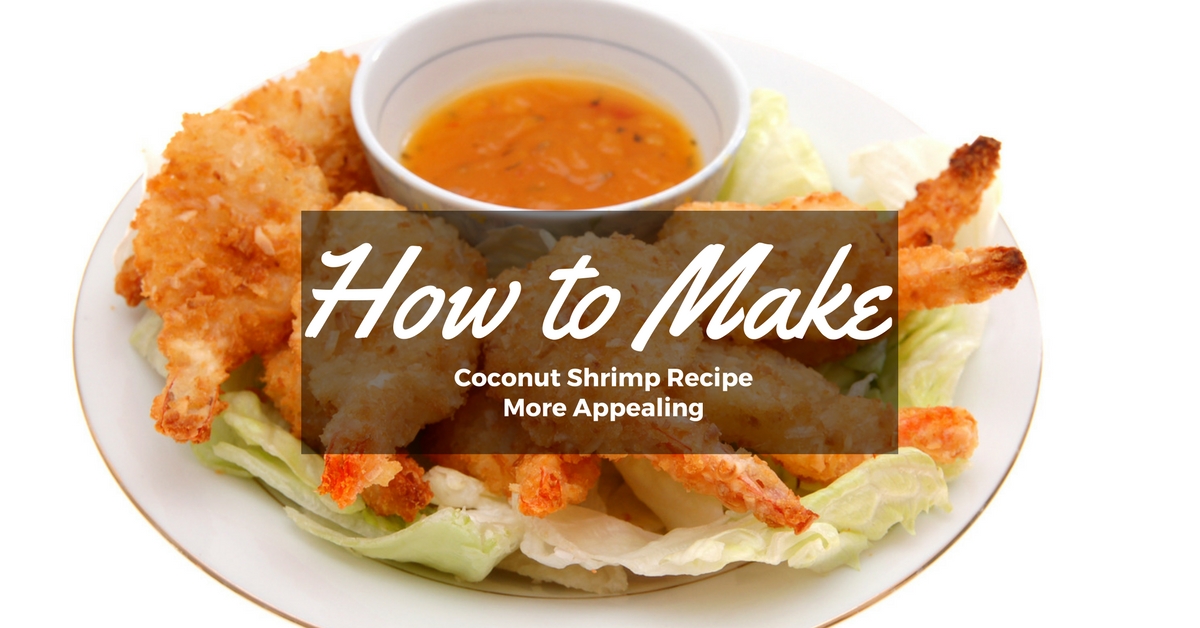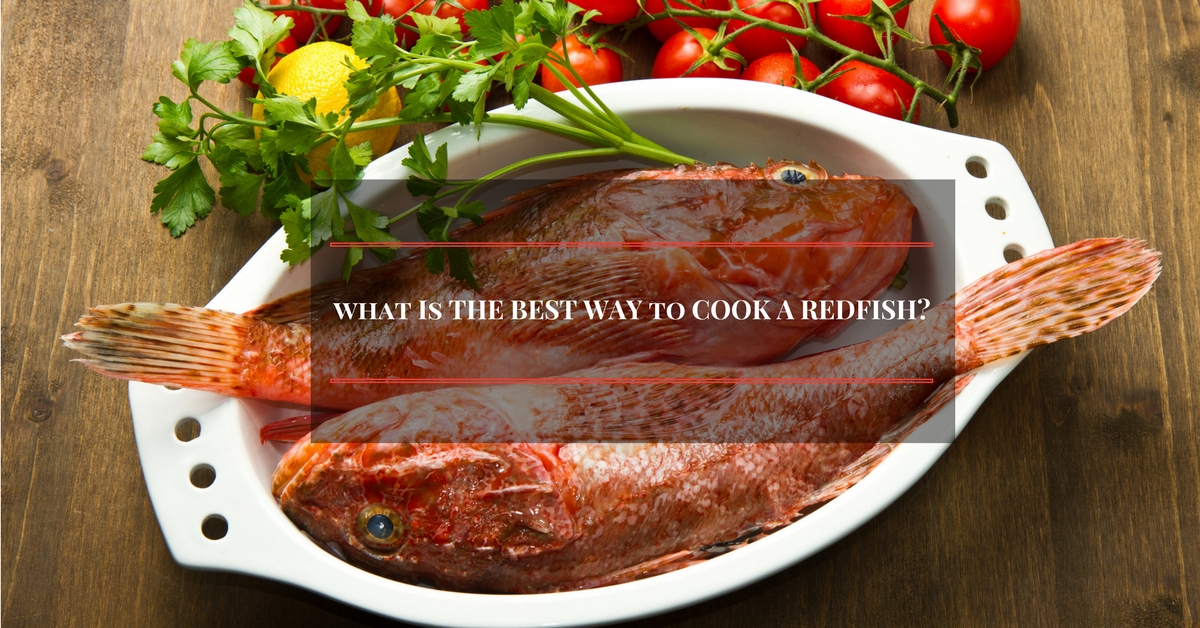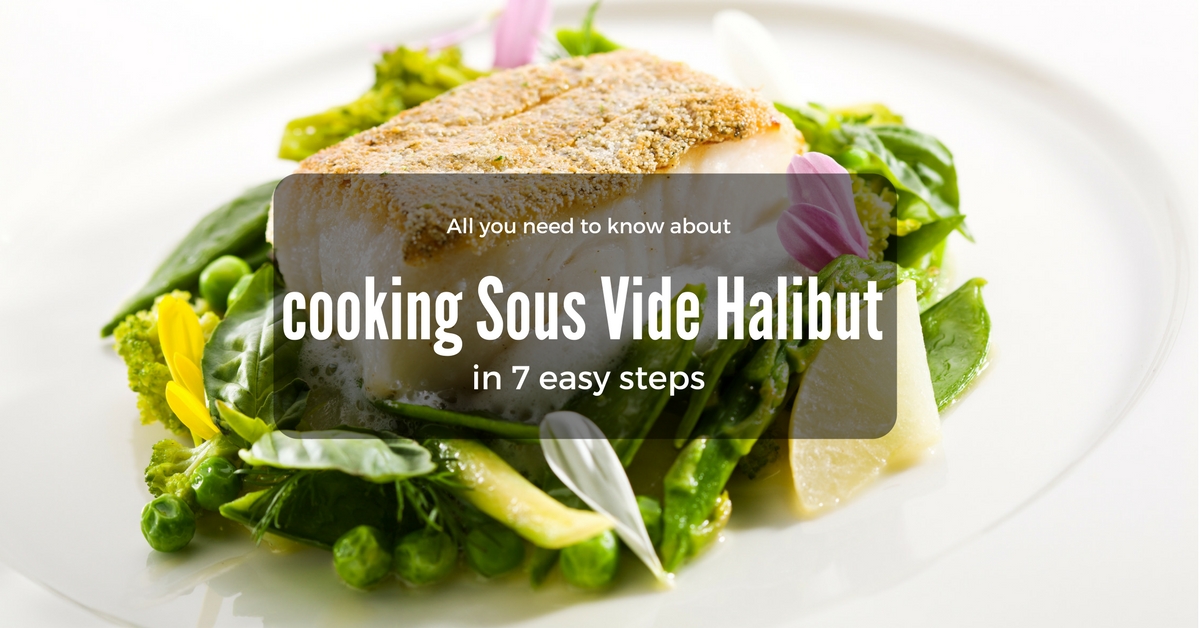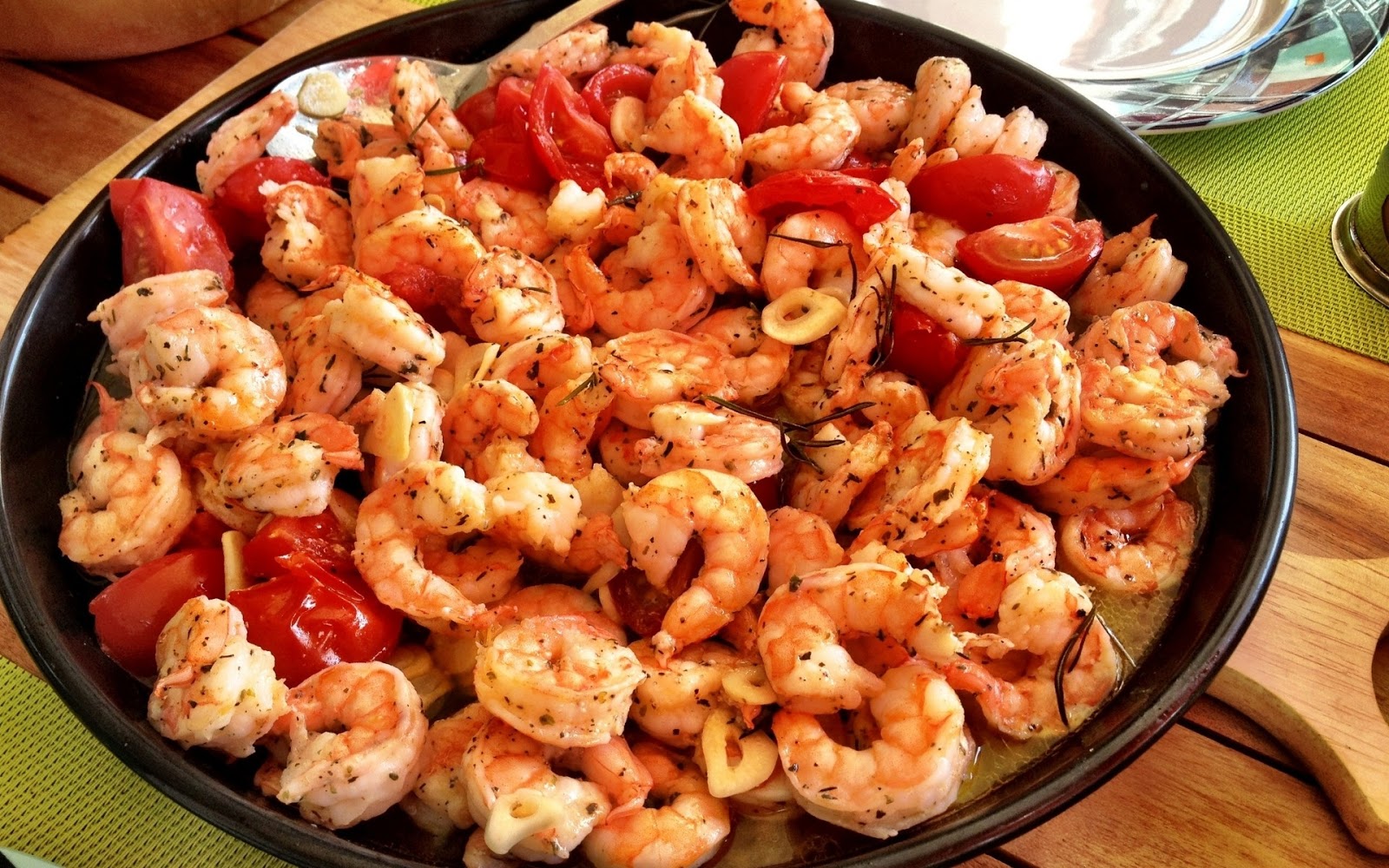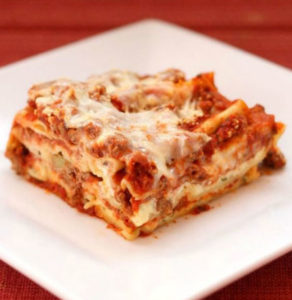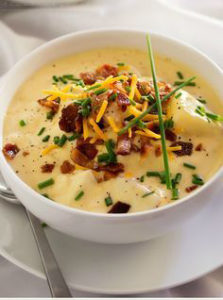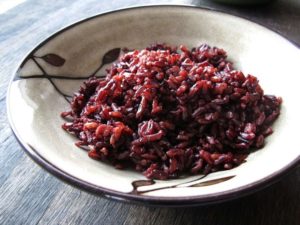For a lot of people, there is nothing like the peace and serenity of sipping an ice cold beverage as the sun sets while watching a bobber or working a crankbait through the lake. From perch and walleye to blue gill and crappie, there is something for everyone to enjoy for dinner after a productive day out on the water.
Among the options is trout, a freshwater delicacy that is closely related to salmon. Classified as an oily fish, trout are considered an excellent source of essential vitamins, including A and D. They also are rich in Omega-3 fatty acids, which are an essential part of any health diet.
So what does a trout taste like? In my opinion, trout has a unique texture and offers a bit of a salty aftertaste. I’ve had it multiple times in various preparations, but just thinking about the simplest preparation of all (cooked whole on a cast iron skillet over an open flame and seasoned with butter, lemon, salt and pepper) makes my mouth water.
In the Opinion of Others
In an informal poll of some fellow culinary minds, I learned there are two relatively distinct responses that come to mind for most people when they think about what trout tastes like:
Trout is a Mild Flavored Fish

Source: www.cabininthewoodsblog.com
Many people describe trout as being relatively flavorless on its own, which means it lends itself well to a variety of cooking methods. When it comes to what most fishermen refer to as “good eaters,” trout do not fall as high on the proverbial food chain as the more popular crappie or walleye. Their bone structure makes them a bit more challenging to filet, which plays into why many choose to prepare them whole.
That doesn’t make them any less palatable, however, especially when they are freshly caught, properly handled and seasoned to perfection. For some, that means lemon, butter and herbs. For others that means all things deep fried. Most of the trout species have what is considered to be a relatively mild flavor that lends itself to a variety of cooking methods.
Trout has a Natural, Fishy Taste

Source: freshfishkitchen.com
Their location, whether they are spawning or have recently spawned and how fresh they are at time of cooking all are capable of having a profound impact on their overall flavor profile. Obviously, personal preference also plays into whether these tasty treats are deemed delicious or deniable.
That being said, there are some people who say trout is too oily, offering too earthy a taste on its own.
Considering the Cooking Options
The good news for trout lovers and haters alike is simple: the options for preparing trout are both boundless and promising.
Smoking Trout

Source: marinatemebaby.com
Smoking trout is one of the most popular methods preferred by chefs and fishermen alike. Most recipes for smoked trout are relatively simple and easy to follow. The best part is you don’t necessarily even need a smoker to get the job done. Not only is smoked trout a delicious treat on its own, but it is an excellent addition to dips, spreads or salads.
Less is more when it comes to cooking trout. The same can be said for a lot of fish, but in the case of trout it is especially true. Keep it simple is the name of the game when it comes to debunking the myth that trout isn’t quite as delicious as its fishy relatives.
Fried Trout

Source: theviewfromgreatisland.com
Fried trout is delicious – as are most things fried – and grilled and pan seared trout are good too as long as you limit the ingredients to simple things. Think butter, lemon, salt and pepper and perhaps a handful of your favorite fresh herb.
Step by step guides are available to assist in the process of making sure that – if you opt not to keep the fish whole – you enjoy as much juicy meat as possible.
Anatomy of a Trout

Source: www.kwestiasmaku.com
While most species of trout are considered equal, they vary slightly based on their country of origin. Globally, trout comes in more than a dozen recognized variations, which includes a variety of sizes, coloring and spotting patterns.
Lake trout arguably has the worst reputation among the trout types, but that doesn’t necessarily mean they aren’t everything your stomach desires. In America, lake trout variations are known to result in some trout being more lean than others. As with most proteins, many chefs deem the most delicious lake trout to be slightly more fatty to help flavor the meat and distribute its juices evenly throughout the cooking process.
A recent trip to the Northwoods of Wisconsin led to me solidifying my personal opinion of what trout tastes like. My husband and I spent the day fishing with family and had quite a haul of trout as a result.
That day I learned that, despite also enjoying fried and smoke trout, there is honestly nothing like cooking the delicacy you just caught fresh in a cast iron skillet over an open flame with the simple treatment of some butter, lemon, salt and pepper.
With that I have my answer to the question of what trout tastes like: it tastes delicious!

